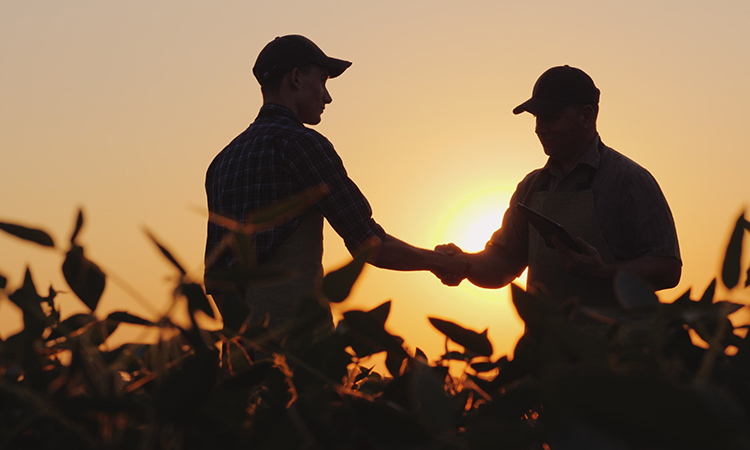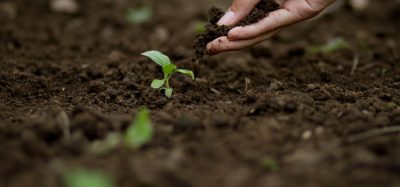Agroecology gains ground in the US
Posted: 8 July 2024 | Grace Galler | No comments yet
Researchers from Dartmouth College have represented agroecology as an emerging transformative approach for sustainable US farming.


Agroecology, an integrative science, practice, and movement aimed at achieving ecological and social sustainability in food systems, is gaining traction in the US, according to a new commentary led by Dartmouth College and published in Nature Food.
The approach, which emphasises coordination between scientists, farmers, and activists, presents an alternative to the industrial agriculture model dominating the American food system.
The co-authors of the report have highlighted that agroecology requires coordination between scientists, farmers, and activists, with the Lead Author of the study, Theresa Ong, an Assistant Professor of environmental studies at Dartmouth, commenting: “When it comes to sustainable food and agriculture, people in the US tend to be more familiar with organic farming, the production of food without synthetic inputs, and regenerative agriculture, which primarily strives to restore soil health.
“Agroecology is different, as it strives to achieve both ecological and social sustainability of food systems without sacrificing one for the other. We cannot save biodiversity and ecosystem integrity without also preserving farmer livelihoods and ensuring that the food systems we create provide food that is culturally relevant to local communities, and not simply meeting a calorie quota,” says Ong.
Those in favour of agroecology claim that the US food system is dominated by industrial agriculture, which is characterised by “monoculture production, reliance on agrochemicals like pesticides and fertilisers, and advanced technology and machinery that depend heavily on fossil fuels”.
Prior research has indicated that challenges facing global food systems—including food insecurity, public health issues, biodiversity loss, and climate change—are influenced in part by the U.S. food system and the political influence of major stakeholders.
However, for decades there have been representatives from the US calling for a transformation in the industrial food system. In fact, the United Nations has previously promoted agroecology as the mechanism to achieve that transformation.
In spite of its growing international reputation, agroecology has seen slow recognition growth beyond academic circles in the US.
However, staff from the U.S. Department of Agriculture requested agroecologists to convene a U.S. Agroecology Summit in 2023, bringing together 100 stakeholders in the food system to discuss promoting this type of research nationwide.
Participants discussed the need for equitable representation and support for all food system stakeholders including agricultural practitioners, food systems changemakers, and scientists, and increased access to funding and ethical approaches to research.
“‘Food sovereignty’—the right to define, produce, and access healthy food that is culturally appropriate and preserves the ways of life of farmers, is a critical goal in agroecology and was first defined by La Vía Campesina, an international peasant movement, in 1996,” explained Ong, who was a participant at the summit.
The Agroecology Summit capitalizes on 15 years of growing momentum, marked by the establishment of the nonprofit U.S. Food Sovereignty Alliance in 2010 and the enactment of food sovereignty laws in eight states (Maine, Vermont, Massachusetts, Georgia, North Carolina, Utah, Wyoming, and Montana). Additionally, agroecology institutes were established at Florida A&M University in 2022 and the University of Vermont in 2023.
The co-authors of the study claim that “much work still needs to be done to ensure that all voices are represented and have decision-making power in this space, who may share many of the same values and goals like large and small farmers, family farmers, migrant farmers, Black and Indigenous farmers, and farm workers”.
“Agroecology is about building coalitions to ensure equitable representation and coordination between farmers, activists, and academics,” concluded Ong.
Related topics
Related organisations
Dartmouth College, U.S. Agroecology Summit, U.S. Department of Agriculture









